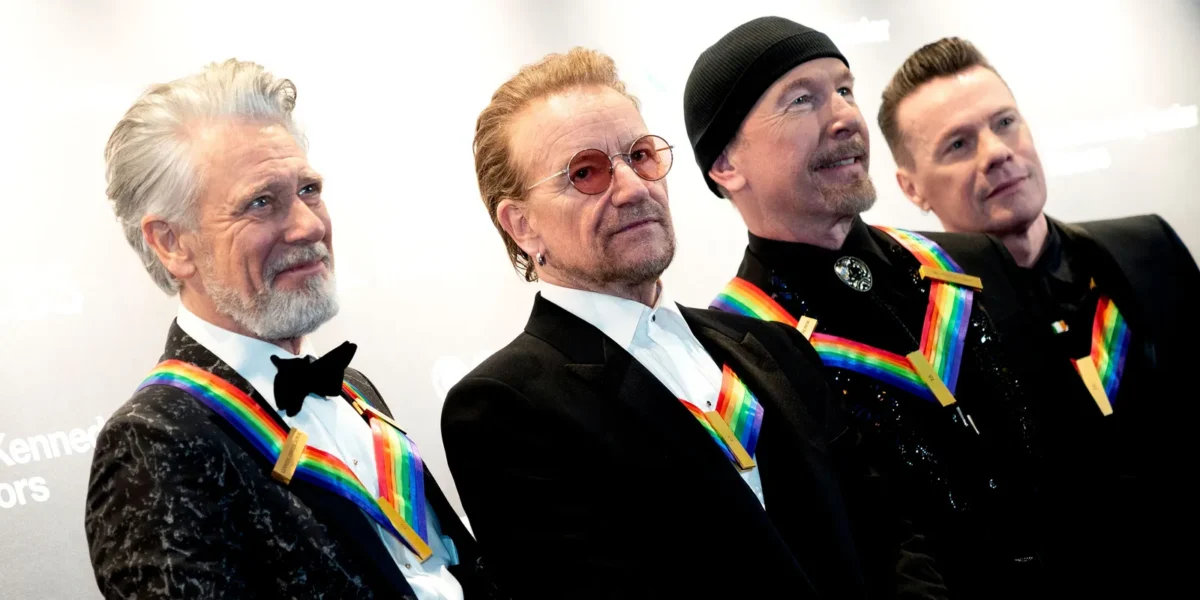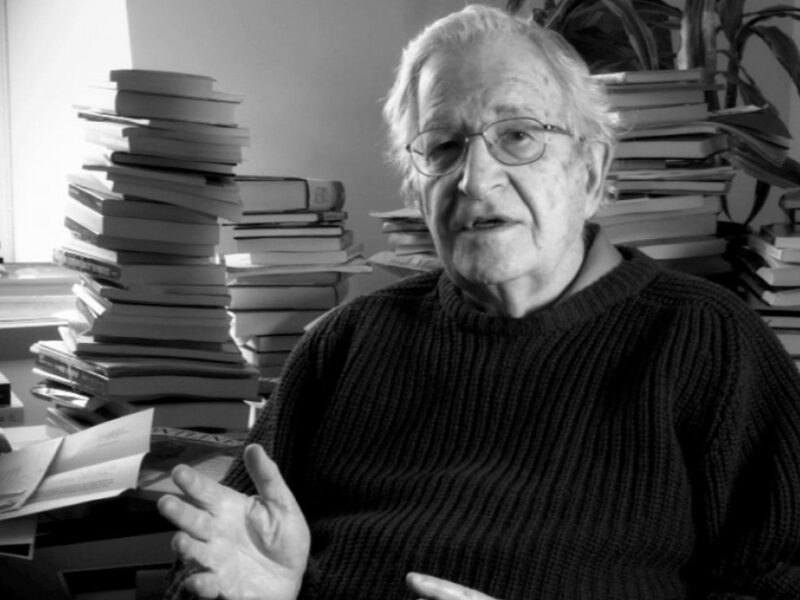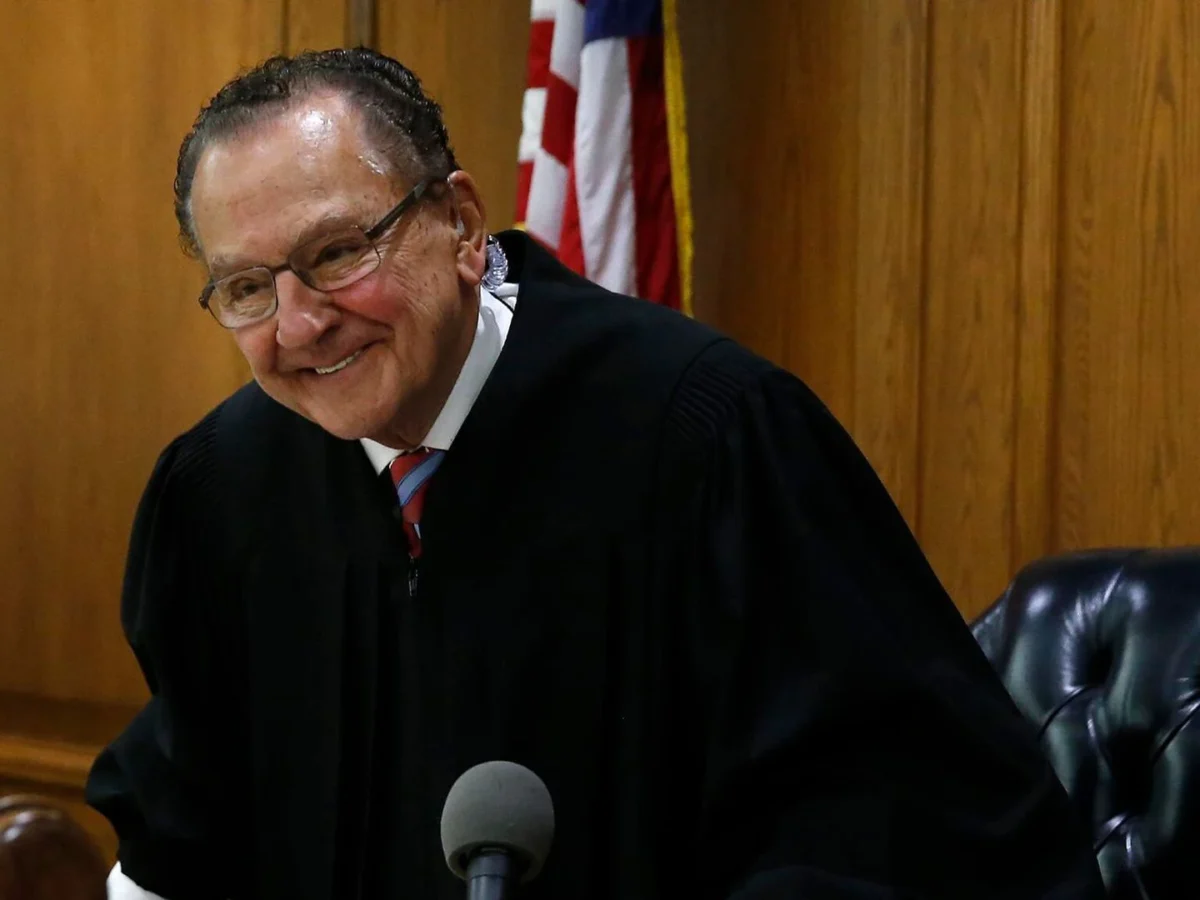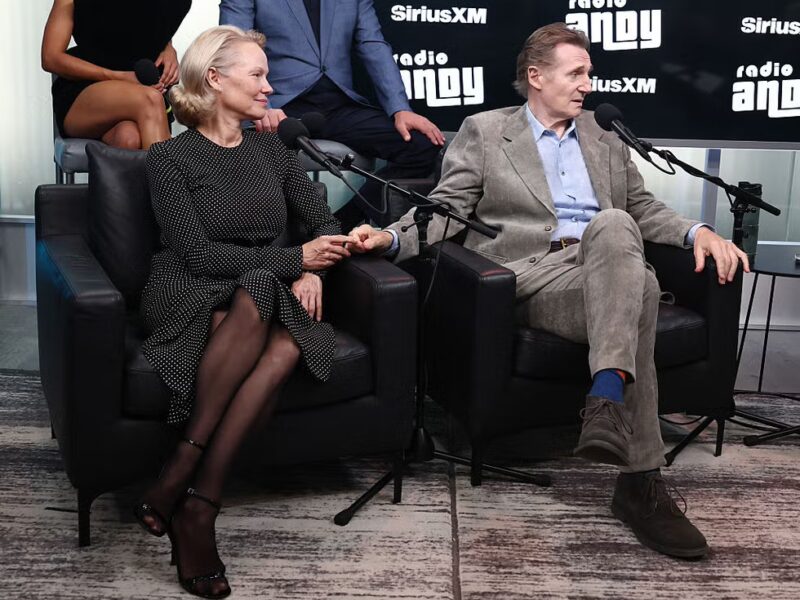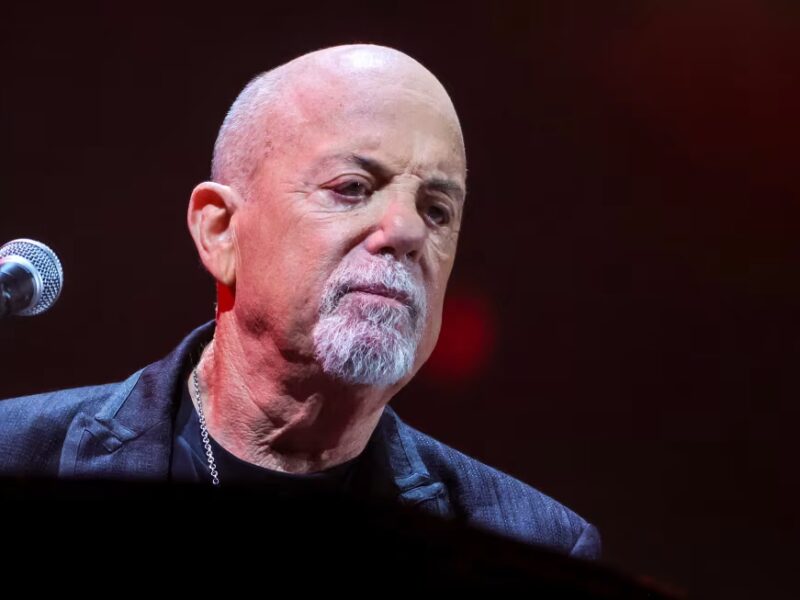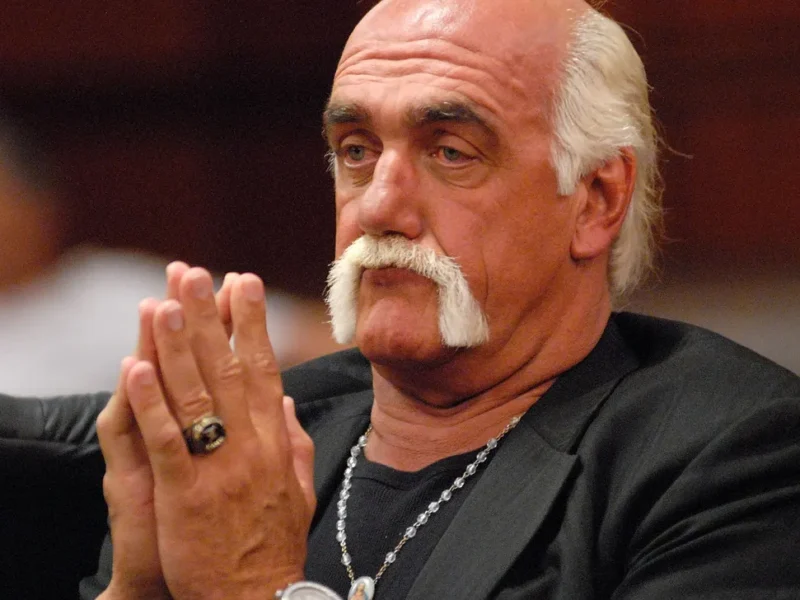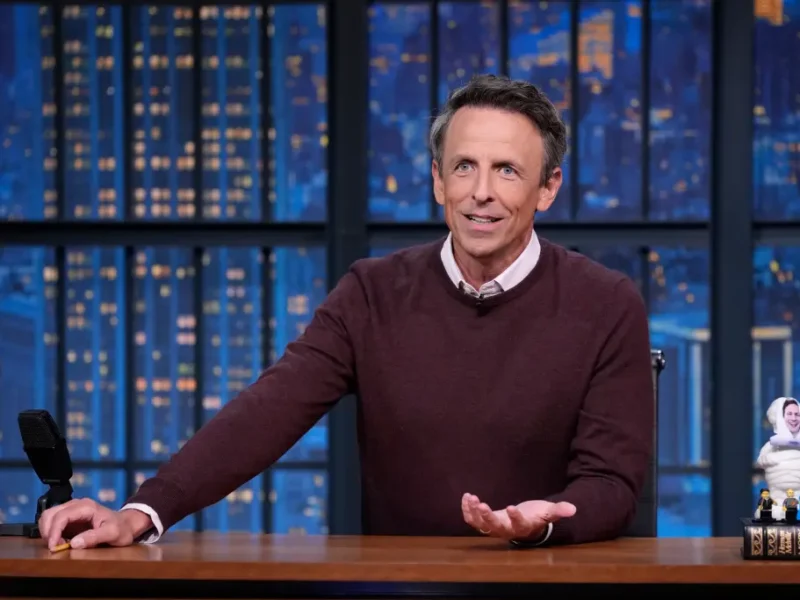During their Las Vegas residency at the cutting-edge Sphere venue, legendary Irish rock band U2 made headlines not just for their elaborate stage production, but for comments addressing the escalating conflict between Israel and Gaza. The remarks came during their performance of Pride (In the Name of Love), a song long associated with themes of peace and human rights.
Frontman Bono adjusted the song’s lyrics in real time, referencing victims of the violence in the region. His words were met with both applause and criticism, reflecting the intense global divisions over the conflict. As one of the most politically outspoken bands in rock history, U2’s decision to address the issue was in keeping with their decades-long tradition of fusing music with activism.
What did Bono say during the Las Vegas Sphere concert?
Midway through the show, Bono paused to acknowledge the lives lost in recent hostilities. With the massive LED display surrounding the audience, he paid tribute to “those killed in Israel and Gaza” and called for compassion amidst the turmoil. Rather than making a partisan statement, Bono emphasized the shared humanity of all victims, stating that the tragedy was “heartbreaking for all who love peace.”
However, the emotional moment sparked debate. Some praised the band for using their platform to promote empathy, while others felt the statement did not take a strong enough stance. In the polarized atmosphere surrounding the conflict, even a message of unity can provoke controversy.
Why was the statement significant?
U2 has a long history of activism, from campaigning against apartheid to supporting debt relief for developing nations. Addressing the Israel-Gaza conflict fits into their legacy of speaking out on human rights issues. Yet, the war’s highly charged political context made Bono’s words especially delicate.
The Sphere concert series has drawn global attention for its immersive visuals and pristine sound, but this moment shifted focus to the band’s political voice. In doing so, U2 reminded audiences that their music is often intertwined with calls for justice, even if those calls invite backlash.
The statement also comes at a time when celebrities are under growing scrutiny for their public positions—or silences—on geopolitical issues. U2’s choice to say something, however measured, reinforces their role as artists willing to engage with difficult topics.
Could this impact U2’s image moving forward?
For decades, U2 has walked the line between commercial success and political engagement. Some critics argue that modern audiences are less forgiving of vague statements, expecting clear positions on issues of war and oppression. Others see Bono’s choice of words as a careful attempt to unite rather than divide.
From a career standpoint, the band’s core fanbase is unlikely to abandon them over a brief onstage remark. But as social media continues to amplify and dissect such moments, U2 may find themselves revisiting how they approach politically sensitive topics in future performances.
Ultimately, this episode underscores the challenges artists face in addressing global crises without alienating parts of their audience. U2’s willingness to wade into controversy—however cautiously—shows that their blend of artistry and activism remains intact.


